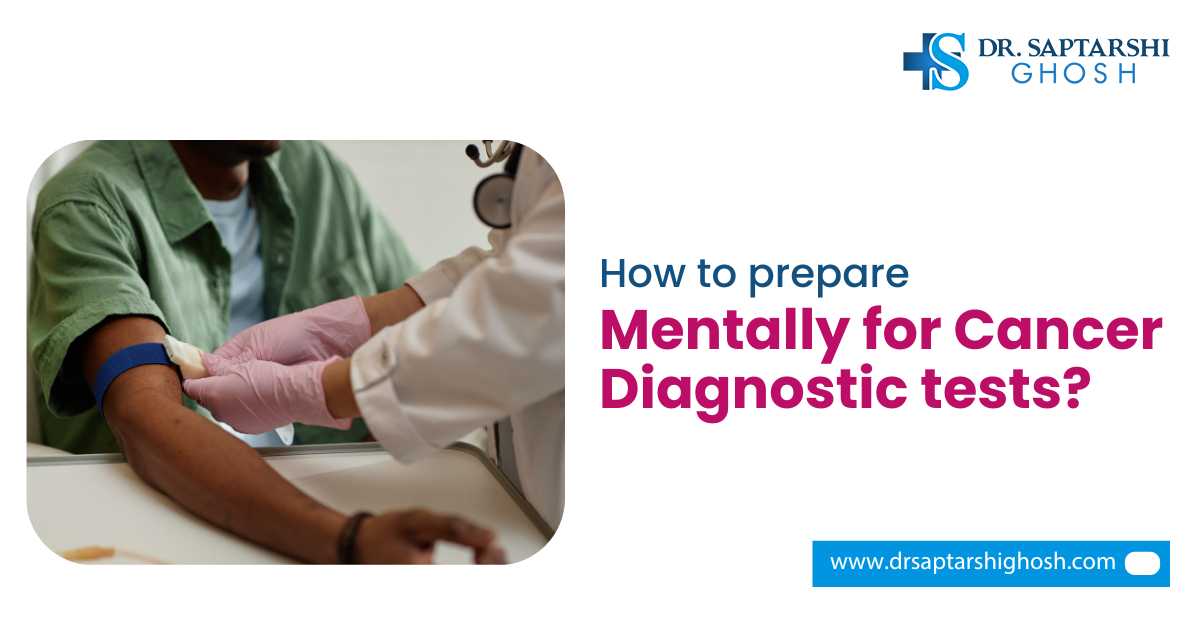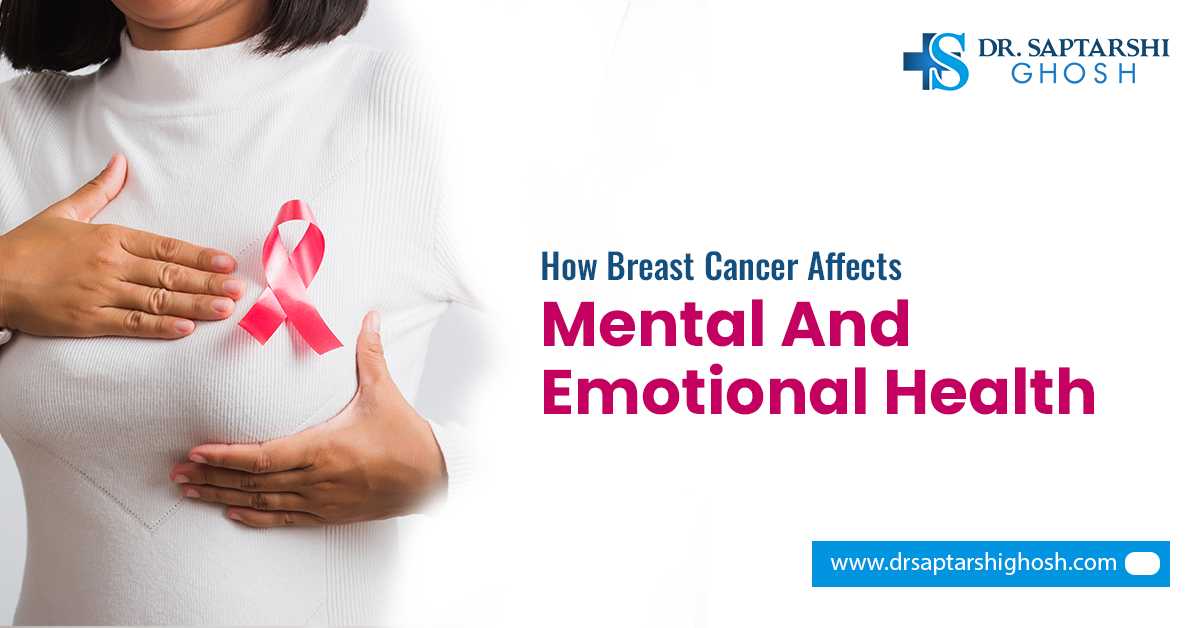It makes sense that cancer is one of the most feared illnesses in the world. And no matter how advanced cancer diagnosis and treatment have become, misconceptions are still here. A cancer diagnosis is certainly not easy for the person and his or her family. The right advice and care are vital, so for cancer treatment in Siliguri or near your location, get support from a highly trusted oncologist.
Patients and their families often receive a deluge of information from friends, the internet, and social media, besides medical advice. Much of this information is incorrect. Myths concerning cancer care can lead to misunderstandings, anxiety, and even the inability of patients to make wise health decisions.
Many cancers or malignancies are now more curable than ever because there are advancements in customized therapy, enhanced therapies, and early identification. These may include prostate cancer, breast cancer, thyroid cancer, skin cancer, testicular cancer, etc.
Here, this blog reveals ten widespread myths regarding cancer treatment, assisting you in differentiating reality from fiction.
Myth 1: "Cancer Treatment Is Always Painful"
Fact: The idea that receiving cancer treatment is excruciatingly painful and worse than having the disease itself is a common myth. Modern medicine has created efficient ways to relieve pain and suffering, even if cancer therapy, like radiation and chemotherapy, can have side effects.
Treatments are now far more bearable than they were in the past because of integrative therapies, supportive care, and new medication choices. The reality is that although side effects of cancer treatment are real, many patients say they are usually tolerable. During cancer care, doctors value your quality of life or comfort equally to cancer therapy.
Myth 2: "Chemotherapy Makes You Lose Your Hair"
Fact: People often assume that hair loss is an inherent side effect of chemotherapy. Not all chemotherapy medications, nevertheless, result in hair loss. While some might not have any effect on hair at all, others can cause hair thinning or hair loss.
Additionally, some may experience less hair loss if they use scalp cooling methods. The fact is, the type of chemotherapy given determines the amount of hair loss you will have. This adverse effect isn't something that will happen for sure.
Myth 3: "Natural Remedies Can Cure Cancer"
Fact: In order to avoid receiving traditional medical care, many people consider natural or alternative medicines. Although a balanced diet, vitamins, and a holistic lifestyle can promote good health, there is no scientific proof that cancer can be cured by natural means alone.
Now, the fact is that natural remedies shouldn't be used in place of established medical therapies, even if they may aid in your symptom management and general well-being. Basically, focusing merely on alternative remedies can lower survival rates and postpone appropriate cancer treatment.
Myth 4: "If Cancer Comes Back, Treatment Won’t Work"
Fact: For many cancer survivors, recurrence is a worry. Some people think that cancer cannot be successfully treated once it recurs. But that is untrue.
Recurrence can be difficult, but there are usually several alternatives for therapy. With a more individualized treatment plan, many patients are able to effectively manage recurring cancers. Routine tests, lifestyle management, and diet are vital to long-term health after initial cancer care and recovery.
Myth 5: "Radiation Therapy Will Make You Radioactive"
Fact: This myth is so frequent. Many people believe that radiation therapy makes individuals radioactive, endangering other people. Again, this is untrue. External radiation treatment targets cancer cells with beams of radiation without causing people to release radiation after receiving treatment.
Temporary precautions may only be necessary for specific internal radiation therapy. If you have any doubts, please talk to your healthcare provider for better clarity and what you can do.
Myth 6: "Once You Start Cancer Treatment, You’ll Be Weak All the Time"
Fact: Though fatigue is a typical side effect, each patient experiences it differently. During chemotherapy, many patients are able to continue their everyday activities, including working and exercising.
Many patients retain a decent quality of life with supportive treatments, stress management, relaxation, and a healthy diet. Thus, there’s no one scenario.
Myth 7: “Surgery Spreads Cancer”
Fact: According to some, having surgery encourages cancer cells to proliferate throughout the body. This is a persistent misunderstanding. Cancer surgeons safely remove malignancies using sophisticated procedures.
Actually, the best method for totally curing localized malignancies (cancers) is frequently surgery. There is very little chance that cancer may spread as a result of surgery, and surgeons take every effort to avoid this.
Myth 8: “Positive Thinking Alone Can Cure Cancer”
Fact: Cancer may be cured by remaining optimistic without the need for medical intervention. But is it so? The answer is absolutely no. The reality is that a positive mindset can help patients deal better with therapy, lower stress levels, and enhance mental well-being.
However, cancer cannot be cured by optimistic thinking. It ought to supplement medical treatment rather than take its place. While strong social ties, counseling, and emotional support are very important for the mental health of patients, scientific therapy is crucial.
Myth 9: “All Cancers Are the Same and Treated the Same Way”
Fact: There are many who think all patients with cancer receive the same therapy since it's a single disease. The reality is that there are more than 100 distinct forms of cancer, each with its own distinct traits, rather than a unified illness.
For instance, blood malignancies like leukemia, lung cancer, and breast cancer behave differently and need various treatment modalities. Because of genetic testing and personalized medicine, cancer doctors may now tailor treatment regimens to the unique characteristics of each patient's cancer.
Myth 10: “Cancer Treatment Is Too Expensive for Most People”
Fact: A very common belief is that proper cancer therapy is unaffordable. The fact is that although cancer treatment might be expensive, patients can find a lot of assistance services.
Expenses can be covered by government programs, nonprofits, health insurance, and hospital-based financial aid. Also, patient navigators are available at many hospitals to help families with the financial elements of care. Early assistance seeking can lessen financial strain and increase access to care.
Wrong insights into cancer treatment can instill fear and keep people from receiving the necessary care. We can enable patients and their families to make educated decisions by discussing these ten widespread misconceptions about cancer therapy.
The main lesson is that each cancer patient's path is different, and treatment regimens are tailored to enhance quality of life while optimizing efficacy. Come forward and consult the leading doctor, Dr. Saptarshi Ghosh, for cancer treatment in Siliguri or at your nearest location.




